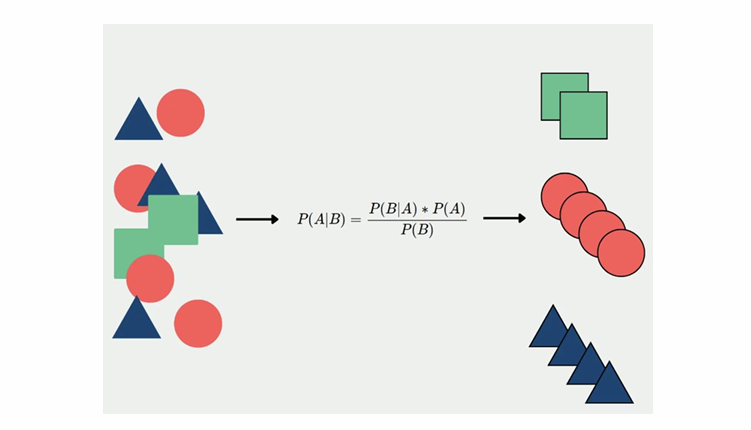Analyze the Sentiments of the Reviews given by the Customer of Zomato Indian Restaurant | Realcode4you
- realcode4you
- Feb 5, 2024
- 2 min read
Project Description
Business Context
Zomato is an Indian restaurant aggregator and food delivery start-up founded by Deepinder Goyal and Pankaj Chaddah in 2008. Zomato provides information, menus and user-reviews of restaurants, and also has food delivery options from partner restaurants in select cities. India is quite famous for its diverse multi cuisine available in a large number of restaurants and hotel resorts, which is reminiscent of unity in diversity. Restaurant business in India is always evolving. More Indians are warming up to the idea of eating restaurant food whether by dining outside or getting food delivered. The growing number of restaurants in every state of India has been a motivation to inspect the data to get some insights, interesting facts and figures about the Indian food industry in each city.
So, this project focuses on analysing the Zomato restaurant data for each city in India.
The Project focuses on Customers and Company, you have to analyze the sentiments of the reviews given by the customer in the data and make some useful conclusions in the form of Visualizations. Also, cluster the zomato restaurants into different segments. The data is vizualized as it becomes easy to analyse data at instant. The Analysis also solves some of the business cases that can directly help the customers finding the Best restaurant in their locality and for the company to grow up and work on the fields they are currently lagging in. This could help in clustering the restaurants into segments. Also the data has valuable information around cuisine and costing which can be used in cost vs. benefit analysis Data could be used for sentiment analysis. Also the metadata of
reviewers can be used for identifying the critics in the industry.
Dataset Description
Main Libraries used:
Pandas for data manipulation, aggregation
Matplotlib and Seaborn for visualization and behavior with respect to the target variable
NumPy for computationally efficient operations
Scikit learn for model building
Project Architecture:
Data Files evaluation criteria
Understanding the Dataset and problem statement.
Efficient EDA
Dealing with missing values and outliers
Exploring Exceptional Cases
Selecting the approach and algorithm to be used.
Modeling- Use at least 2 algorithms.
Brief strategy for clusters formed.
Conclusion.
How is your project useful to stakeholders
Project Checklist
Prob statement
Business context
Data understanding
Dataset loading and cleanup
EDA
Feature Engineering: Creating new features, removing redundant ones.
Pre process: Feature scaling.
Finding ideal number of clusters: Elbow chart/ dendrogram.
Model Implementation and interpretation.
Insights and conclusion.
Application of your project in the industry
Github Commits at regular intervals
If you have any work related to sentiment analysis then we are ready to help in your project. Here you will get top rated machine learning and data science experts that will help you do your projects.
For more details your can contact us at below mail id:






No matter the size of your premises, our Security Services in Delhi are scalable and effective across sectors.